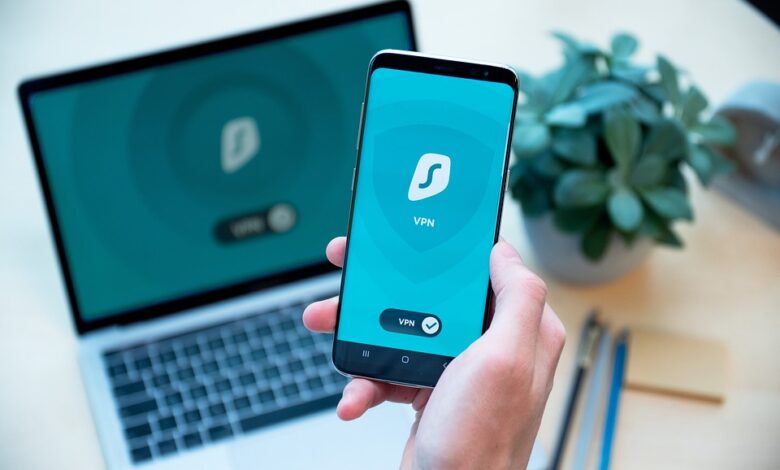VPN vs Proxies: Understanding the Key Differences and Benefits
"Stop Wasting Money on Proxies! Discover Why VPNs Are the Ultimate Online Privacy Solution and How They Outperform Proxies in Every Way"

In today’s technologically driven world, two commonly used methods for achieving enhanced online privacy are VPNs (Virtual Private Networks) and proxies. Online privacy and security have become increasingly important. With the ever-growing threat of cybercrime and monitoring, individuals are searching for ways to protect their personal information and browsing activities.
Two commonly used methods for achieving enhanced online privacy are VPNs (Virtual Private Networks) and proxies. While they both aim to provide anonymity and heightened security, there are significant differences between the two that users should understand to make an informed decision. Let’s delve into the key differences and benefits of VPNs and proxies.
Firstly, let’s discuss the basic functionality of each method. Proxies act as intermediaries between users and the internet. They route the user’s request through their server, masking their IP address in the process. This allows users to access websites or resources that might be unavailable in their location.
On the other hand, VPNs create an encrypted tunnel between the user’s device and the VPN server. All of the user’s internet traffic is directed through this tunnel, effectively hiding their IP address and encrypting their data. This means that everything the user does online, from browsing to downloading files, is protected from prying eyes.
One of the significant differences between VPNs and proxies is the level of security they provide. Proxies primarily focus on masking the user’s IP address, providing no encryption for their data. While this can allow access to geographically restricted content, it does not offer comprehensive protection of personal information.
VPNs, on the other hand, offer robust security features. By encrypting all data traffic, VPNs ensure that sensitive information, such as passwords and credit card details, remains secure. They provide an additional layer of protection by preventing hackers or surveillance entities from intercepting data.
Another crucial factor to consider is the variety of online activities each technology supports. Proxies are often used for specific tasks like bypassing regional restrictions or accessing blocked content on websites. They are popular among users who only require temporary access to restricted resources.
VPNs, on the other hand, cater to a broader range of needs. They are suitable for general internet use, including browsing, streaming, online shopping, and even online gaming. Moreover, VPNs enable users to establish a secure connection on public Wi-Fi networks, protecting against potential threats in vulnerable environments.
In terms of privacy, VPNs offer greater anonymity. While proxies mask the user’s IP address, VPNs provide the ability to select servers from different countries, making it difficult to trace the original location. This feature is particularly crucial for individuals concerned about privacy or those living in countries with restrictive internet policies.
Additionally, VPNs often have stronger privacy policies in place compared to proxies, ensuring that no logs of users’ online activities are kept. This means that even the VPN provider cannot access or disclose user data, further enhancing privacy and security.
However, it is essential to consider the cost involved in using these technologies. Proxies, particularly free ones, are more readily available and accessible. Conversely, VPNs, especially reputable ones, may require a paid subscription. While there are free VPNs available, they often come with limitations, such as data caps or slower speeds.
In conclusion, both VPNs and proxies offer benefits for enhancing online privacy and security, but understanding their key differences is crucial in choosing the right solution. Proxies are suitable for quick access to specific resources, while VPNs provide comprehensive security and privacy features for all online activities. Consider your specific needs, security requirements, and budget to determine which solution is the best fit for you. Remember, investing in your online privacy is an investment in your digital well-being.






